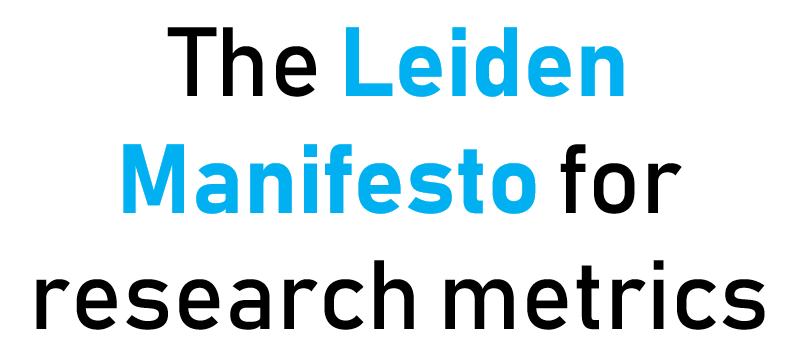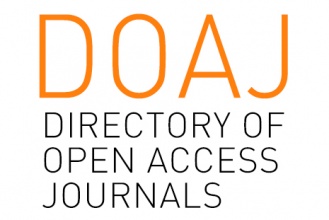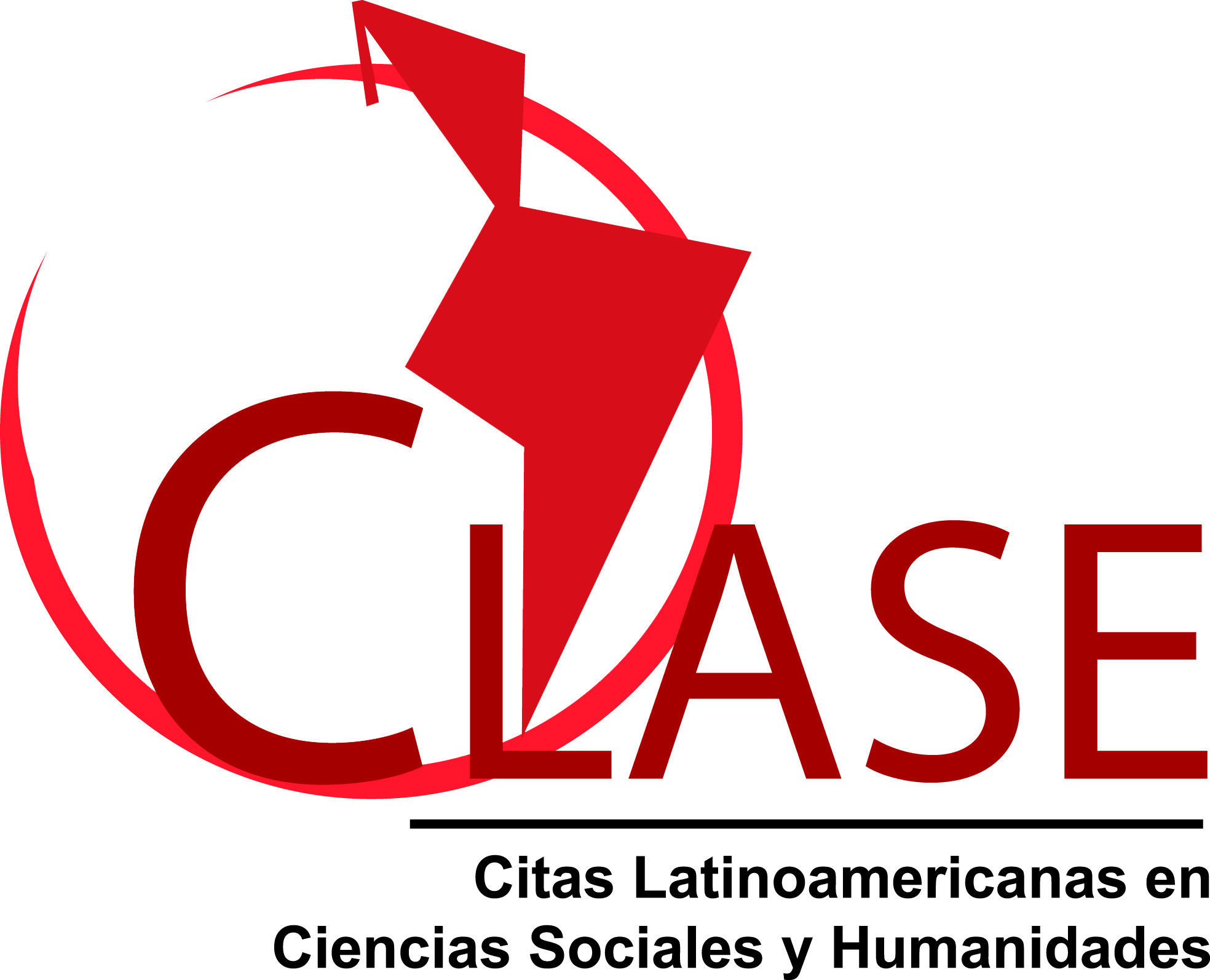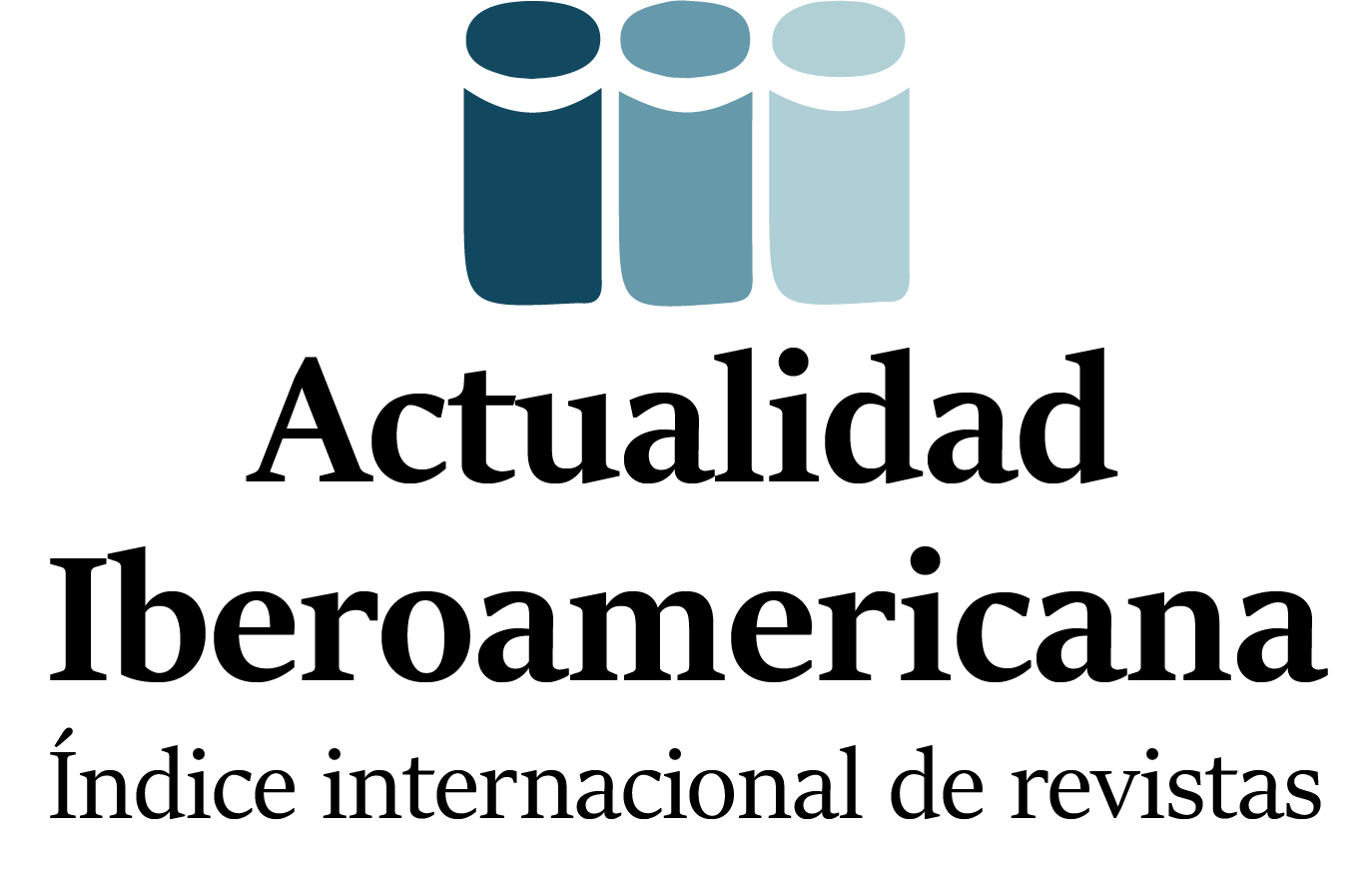Call for manuscripts for the dossier "Memory and emotion: new lines of research"
The Journal of Psychology announces that the call for manuscripts for the dossier "Memory and emotion: new lines of research" is open. The dossier proposal was made to the Magazine by Dr. Marina Trakas. For more information regarding this dossier and to send manuscripts, we ask those interested to contact the editor of the Magazine (nicolas.alessandroni@uam.es).
Background of the dossier:
Memory and emotions are generally presented as two distinct capacities, which certainly interact but without necessarily being intrinsically linked. This division corresponds in part to a diametrically opposite conception of its nature: while the memory of the personal past would be essentially declarative and imaginary, emotions would correspond to sensations of physiological changes. Most studies in cognitive psychology focused on the interrelationship between these two capacities (studies that, on the other hand, began to be carried out only a few decades ago, in the 1980s) generally adopt this conceptualization, either in an explicit or implicit Following this logic, we have studied the way in which emotional events affect the characteristics of the memories of these events (such as the feeling of intensity, accuracy, type of content), as well as the way in which current emotional states determine the degree of accessibility of different memories (phenomena such as mood congruence or emotional regulation). However, this general tendency is not exempt from exceptions. French thinkers of the early twentieth century, such as Théodule Ribot (1907), considered that affectivity is an integral part of the memories of our personal experiences. Along the same lines but of greater relevance, cognitive psychologists have tried to integrate context and emotional significance in episodic memory models (for example, Yonelinas & Ritchey, 2015). On the other hand, theorizations about the nature of emotions have taken an extraordinary turn in recent decades by proposing mostly a conception of emotions as dynamic processes that involve multiple and heterogeneous components, some of which were traditionally categorized as " Cognitive, "such as evaluation and categorization processes (Barrett, 2017), and even memories. Magda Arnold (1973) was surely a pioneer in arguing that our emotions always involve mnemonic structures and that, therefore, they can be considered as true emotional memories. Other more recent emotion models have followed these same lines (for a review, see Philippot & Schaefer, 2001). The general conceptualization of the nature of memory has also changed in recent years, especially since the expansion of the thesis of corporeized, embedded, enactive and / or extended cognition that questions the classical internalist conception of the mind. Certain studies of memory have explicitly adopted this perspective and produced interesting results, for example, in the area of collaborative memory (Sutton & al., 2010). Such research and theorizing outside of what could be considered as the classical paradigm of memory and emotion undoubtedly open up new possibilities for both empirical and theoretical inquiries, not only for psychology and philosophy, but also for other humanistic disciplines that study the way in which groups of individuals remember a common past. This special issue of the Journal of Psychology of the National University of La Plata intends to provide a space to continue exploring the intrinsic relationship between memory and emotions from new perspectives and from new questions. The scope of this issue is multidisciplinary, so we invite authors from various disciplines (psychology, philosophy, neurosciences, anthropology, sociology, etc.) to present their work, whether empirical and / or theoretical.
Some research topics are suggested below, although the list is not intended to be exhaustive:
* Nature and type of affective memories
* Relationship between memory and specific emotions
* Memory, affection and emotion
* Affective memories and emotional memories
* Psychopathology, memory and emotions
* Affective memories and amnesia, Alzheimer's and / or senile dementia
* Depression, memory and emotions
* Affective memories and mental well-being
* Memory, emotion and childhood
* Affective memories and self-projection in the future
* Memory, emotion and action
* Traumatic memories
* Nostalgia
* Affective memory and self-awareness
* Affective memories and personal identity
* Memory, emotion and (new) technologies
* Emotions and collective memories
Important dates:
This call will receive submissions from all categories, excepting translations, interviews, reviews of books/events and graduation dissertations. You can see the guidelines of each type of contribution and the steps of the editorial process at: http: // magazines.unlp.edu.ar/revpsi/about/submissions).
- The deadline for submission of abstracts is November 30, 2019. Abstracts will have 1000 words for this monographic.
- The deadline for submission of complete manuscripts is February 28, 2020.




































